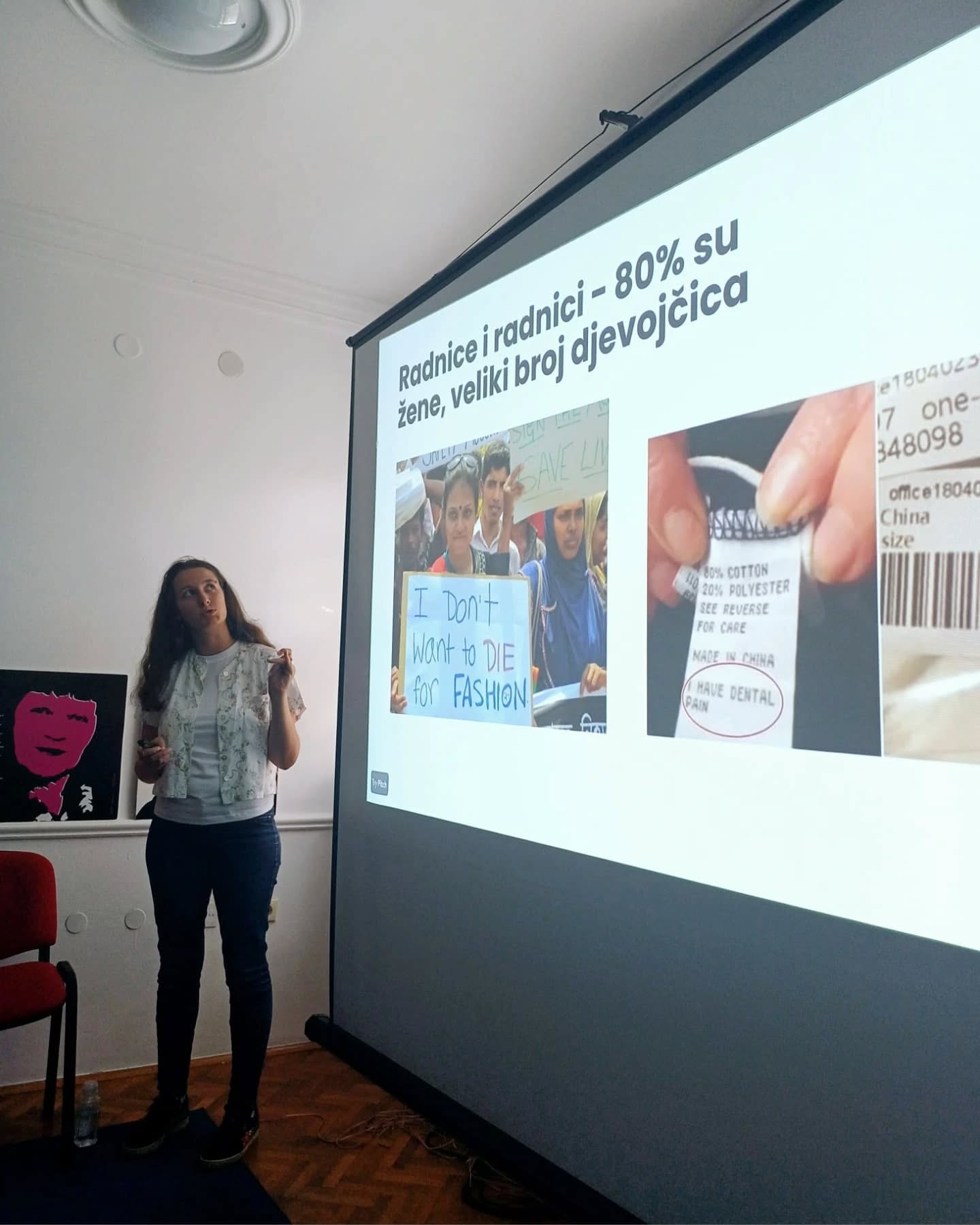Although the World Health Organization (WTO) finally declared the end of the pandemic on May 5, and announced that COVID-19 is no longer considered a public health hazard, we are still feeling its consequences. It is undeniable that the crisis caused by the Sars-Cov-2 virus, popularly called the corona virus, affected almost all aspects of life, and brought us to the position of accepting the “new normal”, which we had to get used to whether we wanted to or not. The consequences of the pandemic were most felt by the health services, which were on the front line of defense, and then by the economic and entrepreneur structures of the states, which suffered huge losses expressed through material goods. We can certainly say that the entire image of the previous understanding of the world has changed, and that we have entered a new world and a new way of life.
Against all that is lost, human lives are the only thing that cannot be returned. Thus, the images of human sacrifices, mass burials and endless rows of coffins lined up next to each other like dominoes are still running through our heads. Thinking about the black numbers that show how many human lives have disappeared, it is justified to ask how this crisis has affected gender equality in all its segments.
It is clear that every crisis affects the general population, but it still does not have equal consequences for the entire population observed through the gender structure and age limit. In the simplest terms, the consequences of the crisis on the female and male population are different. This often leads to the acceptance of new gender roles, which until then were not specific to a certain gender. An example of this is usually women’s participation in wars. Looking through history, men almost always take part in war conflicts, while women are in charge of household work and child care. However, if the number of male population decreases due to war conflicts and suffering, the role of warrior will be taken over by women because of the duty to protect themselves, their home and family. This example clearly shows the change in gender roles and the impact that a certain crisis brings with it.
The coronavirus pandemic has complex and multiple impacts on gender equality, often fundamentally changing traditional gender roles. All these influences led to certain crises, and they can be summarized as follows:
• Inequality in the labour market
During the pandemic crisis, many people were left without job and therefore without regular monthly income. We are witnessing an enormous decline in the economic power of certain countries, which has had an impact on inflation and price growth. Putting this fact in the proportion of the gender structure of employment, we notice that the largest number of employees from the service sector have lost their jobs. These are shops, cafes and restaurants, and the tourism sector. In these activities, the majority of employees are women. Thus, the unemployment of women has increased, and this consequently leads to a reduced possibility of advancement at work for many women.
• Balance between work and family due to working from home
The corona virus pandemic opened up new ways of working, which in some way contributed to the significant development of work flexibility in relation to certain workplaces. One of these ways is working from home, which until then was represented to a very small extent and reserved only for specialized professions. Due to the impact of the pandemic, many companies switched to online work from home, which initially proved to be an advantage. However, over time, its bad sides also showed. One of those downsides is the absence of mandatory working hours, because it was considered that people who work from home should be available at all times to undertake certain work tasks. This way of working became a challenge to maintain the balance between work and family, which led to pressure and burden on all family members.
• Health care
The first line of defense against virus infection was all healthcare institutions, which provide assistance to patients or care for them. The fact is that women are mostly employees in health institutions in all positions, and they are also usually the ones who provide health care within the family. That role, on the one hand, contributed to greater exposure of women to possible infection, while on the other hand, it created enormous pressure on the entire health sector and a shortage of employees. In addition, due to the pandemic, many health services have been reduced to a minimum and emergency situations. This led to the impossibility of accessing regular health services, which certainly had a negative impact on both sexes.
• Increased rate of domestic violence
Violence in the family increased significantly during the pandemic, and mostly during the complete lock down. The black numbers show that there has been a significant increase in the commission of this criminal act, and it is justifiably feared that these numbers are much higher, but that women did not even report these crimes due to fear for their own safety. Stress, isolation and economic insecurity are considered to be the main causes of the increase in the rate of domestic violence. Since women are mostly victims of domestic violence, the pandemic has significantly affected them directly, making it even more difficult for them to leave violent relationships and seek help.
It is important to note that the impact of the crisis caused by the corona virus pandemic on gender equality depends on many factors that are caused by social, economic and cultural differences. Consequently, all states and governing policies should carefully consider all these aspects in order to develop programs that will support gender equality at all times, and especially during periods of crisis.
This article is part of the project “Online Academy for Gender Equality and the EU Integration Process” which is implemented in cooperation with the Heinrich Böll Foundation.
The article was written by: Kornelija Nikačević, student of the Academy 2023.
Photo: UNFPA





